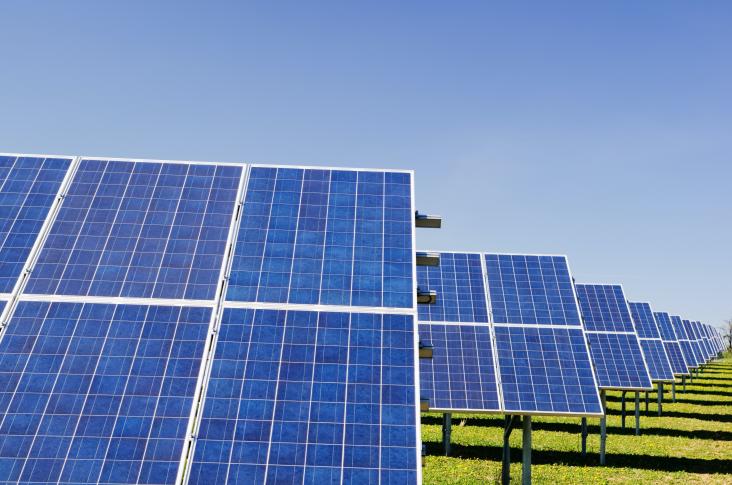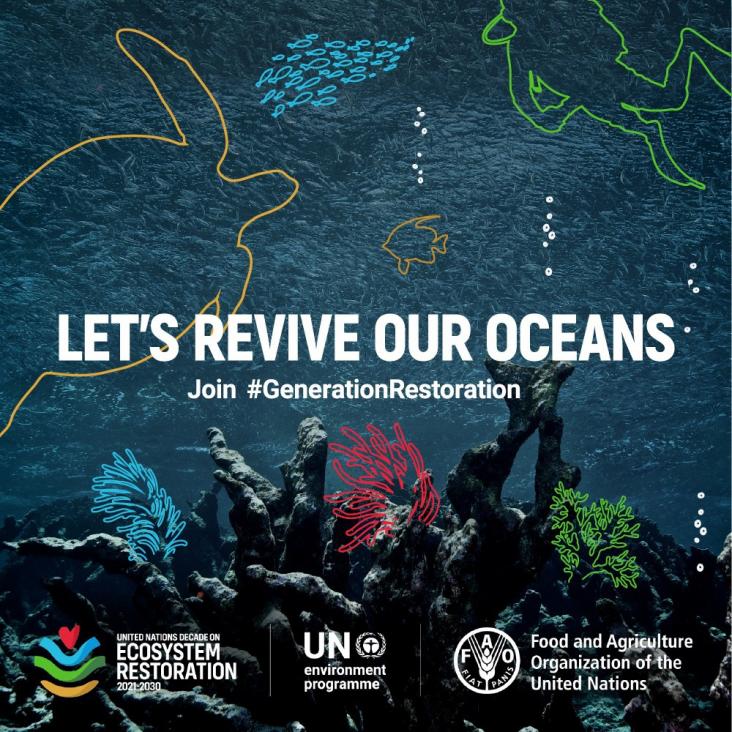The demand for solar energy as a clean way to power human lives is increasing, but solar panels are land-intensive and may compete for space with farms. In this article, the authors examine how agrivoltaics (combining farming and solar technologies) can provide synergistic benefits together rather than in isolation, showing positive benefits in climate mitigation, climate resilience, and land equivalent ratios. This contributes to SDGs 2 (ensuring the promotion of sustainable agriculture), 7 (harnessing sunlight to power society), and 13 (agrivoltaics as a way to combat climate change).
This Health Policy paper supports SDGs 2, 3, and 13, by identifying and examining the debates that arose from the publication of the EAT–Lancet Commission, systematically examining how research has been directly influenced by the Commission, and synthesising identified research gaps to build a research agenda for healthy and sustainable food systems.
Climate change is impacting the health of Western Australians.Temperature increases and air pollution are particularly problematic.Food and water security may be compromised. An urgent response is required.
This chapter advances UN SDG goal 12 and 13 by providing an overview and introduction to NETs
This chapter advances UN SDG goals 12 and 13 by providing a historical perspective of the warming effect of carbon dioxide in the atmosphere, describes our growing understanding of climate change, the parallel development of Earth-system modeling capabilities, the Paris Agreement and the need to transition to nonfossil energy and the decarbonization of the global economy
This article shows that ecological factors play a significant role in shaping the phytochemical diversity among and within wild populations of Teucrium marum.

Recognising our customers' exceptional work to achieve the United Nations' Sustainable Development Goals



